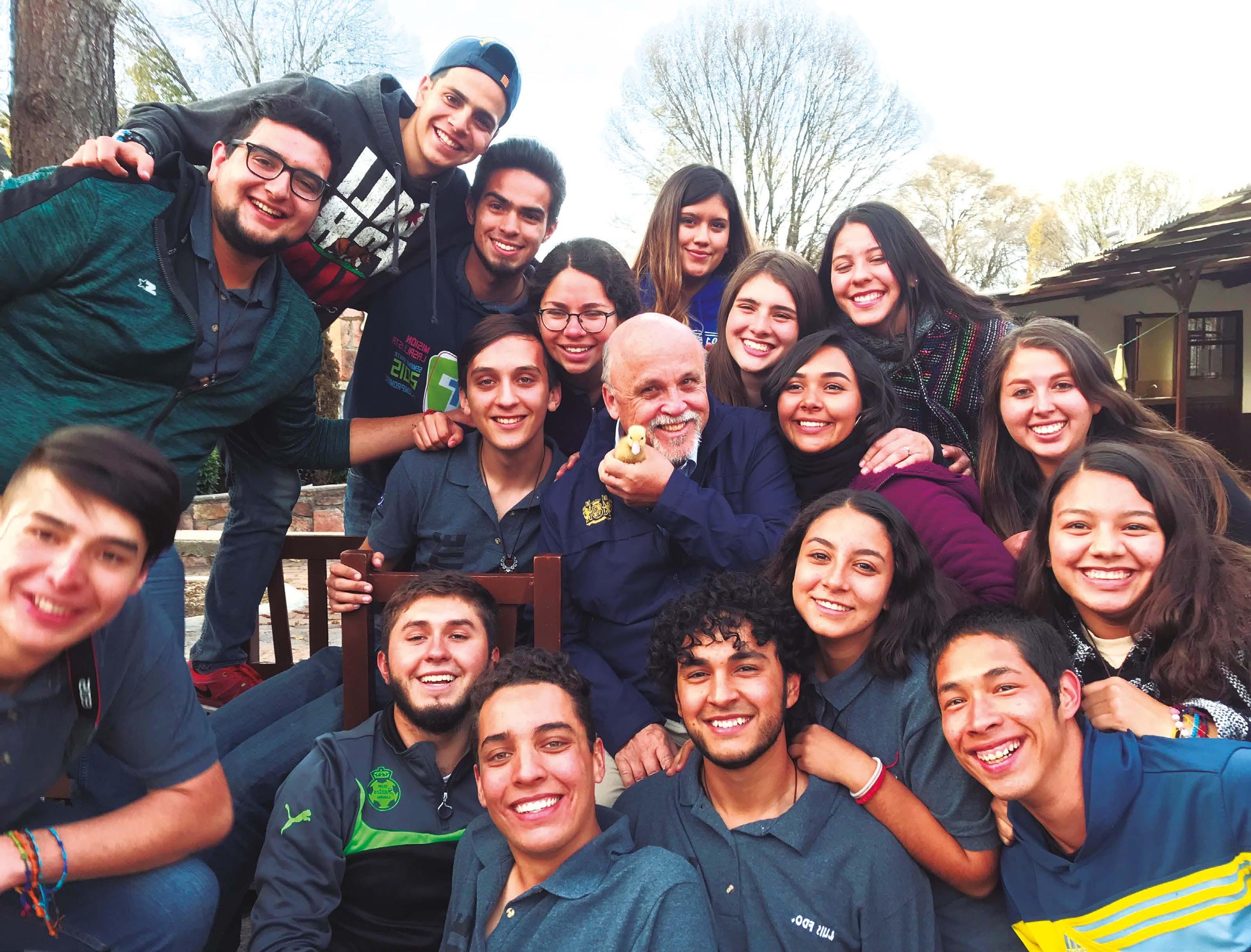The Lasallian vision is seeing abundance where others see scarcity, and bringing nourishment where there is none.
People are weary and hungry as the day draws to a close. Jesus’ heart is moved with compassion for them. The disciples are told, “Give them something to eat yourselves.” Their first thought is to go and buy food, but Jesus is showing them how to invite the presence and power of God into creation. He takes what, at first look, are meager resources. He gives thanks and the food is shared. After the meal, there is a surprising abundance. Their misery and his mercy meet in a miraculous embrace.1 The disciples counsel, “send the people off to the villages to buy themselves food.” The irony is that they are speaking to Jesus, the bread of life, about not having enough bread. Jesus tells them to risk, even in the face of a seemingly hopeless mathematical situation. It is miraculous that so many are filled when there isn’t enough to begin with. It is in Tabgha in Galilee, a deserted place, that Jesus transforms scarcity into abundance.
1
John Shea, On Earth as It Is in Heaven (2004), pp. 241-245.
The lesson Jesus teaches the disciples about what is “enough” is echoed in the challenge he issues to the Lasallian community: “Give them something to eat yourselves.” See the presence and power of God in creation, and make possible the abundance God offers. Once the disciples’ eyes were opened to mystery and miracles, human history has not been the same. The same can be said for the history of our origins, for once De La Salle and the first Brothers developed eyes open to the mystery of the presence and power of God in creation, their mission was transformed.2 It would not be an overstatement to say that the 340-year history of the Institute and Lasallian mission is a history of miracles. The Lasallian vision is seeing abundance where others see scarcity, and bringing nourishment where there is none.
2
“Deeply moved by the human and spiritual distress ‘of the children of artisans and of the poor,’ and in response to the call of God, John Baptist de La Salle and his first Brothers made a lifelong commitment to God to provide these children with a human and Christian education . . . .” (The Rule, 1). 5



